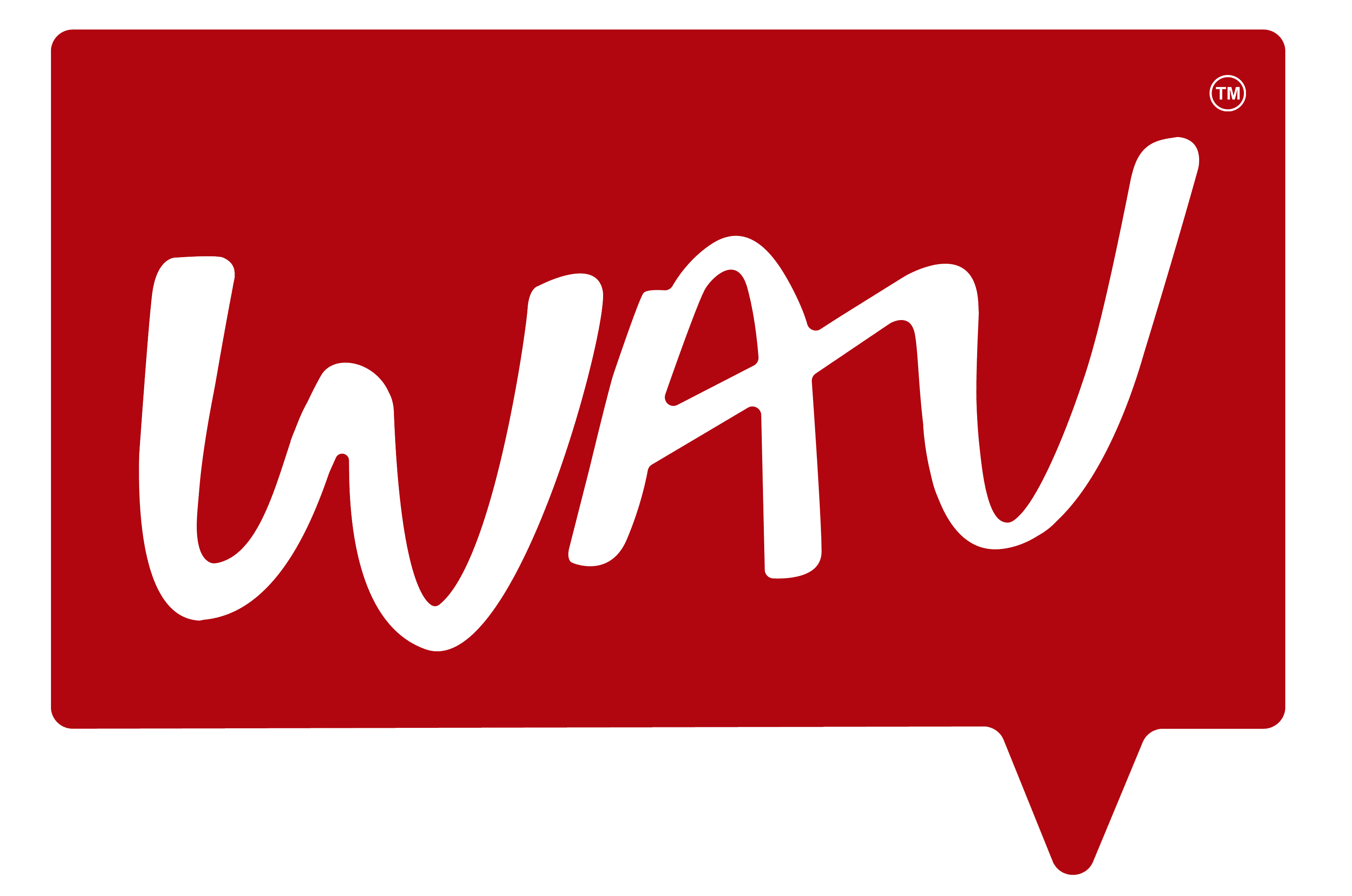What is the E-E-A-T that Google has recently updated?
- Lakshmi Pranathi

- Jan 4, 2023
- 2 min read

Google is updating the E-A-T paradigm by adding an extra "E" for experience.
Experience, Expertise, Authoritativeness, and Trustworthiness are all letters in the new E-E-A-T acronym.
In response, a description of how Google directs quality raters to assess a content creator's skill has been added to its search quality rater guidelines.
Google uses it as a ranking element in its search algorithm to assess the value and dependability of a website. Websites in the "Your Money or Your Life" (YMYL) category, which includes sites that offer material that could possibly have an impact on a person's financial stability, health, or safety, should pay particular attention to this.
Google searches for signs that a website is a legitimate source of information in order to give its visitors the most accurate and trustworthy information available. Google uses E-E-A-T as one of its criteria for judging a website's authority.
The components of E-E-A-T are broken down as follows:
Experience:
The experience of the content creator is what makes the content great! Your own personal learnings and experiences stand out, and it is hard to replicate them using an AI. Many different types of pages are reliable and successfully serve their purpose when written by someone with a wealth of firsthand experience. For instance, would you believe a review of a product written by someone who has actually used it or one written by someone who hasn't?
Expertise:
Google looks for websites that include content created by subject-matter experts. This can contain qualifications like degrees, certifications, and memberships in professional organisations. It may also contain a history of publishing research or writing on a certain subject.
Authoritativeness:
Websites that are regarded as authoritative in their industry are more likely to rank highly in Google search results. This can be proven through outside indicators like media mentions, accolades from the industry, and alliances with other renowned organisations.
Trustworthiness:
Trustworthiness is a crucial component for any website, but YMYL websites require it in particular. Google seeks out websites with a track record of delivering accurate and trustworthy information. This can be determined by looking for indicators like a long operating history, a lack of spam or malicious behaviour, and an open business model.
A website's search engine rankings and user trust can both be raised by improving E-E-A-T. Here are some tips for making a website more E-E-A-T:
Make sure that the content is written by subject-matter authorities.
Mention references and provide links to reliable sources.
Any conflict of interest must be declared.
Use reliable, top-notch sources to back up your assertions.
Make it simple for users to get in touch with the website or company.
Google only takes into account a few factors when ranking websites, but E-E-A-T is a crucial one, especially for YMYL websites. Website owners can raise their E-E-A-T and potentially notice a boost in their search engine rankings by concentrating on offering accurate, trustworthy information and building trustworthiness.



Comentarios